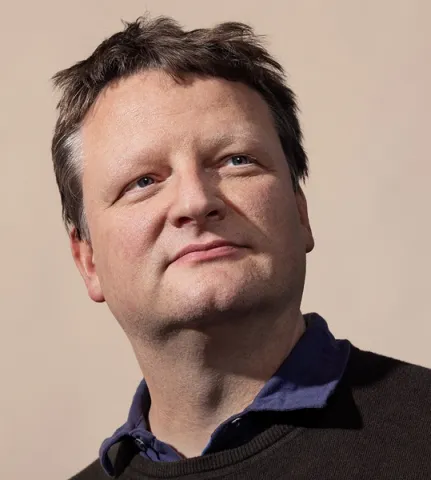About the project
This project aims to interrogate one of the most pressing problems of modern physics, can we describe gravity with quantum mechanics? A thought experiment wherein a test mass in superposition may or may not produce a superimposed gravitational field was proposed and this studentship will contribute to its realisation.
At the centre of this project is an experiment to explore gravity in a new parameter regime. A levitated probe mass will be used to sense the gravity generated by a rotating mass disc. The experiment will be with advanced vibration isolation and inside a 4K cryostat to reduce noises and is extending a recent two-mass experiment by reducing the source mass. The probe mass motion will be monitored and compared to theoretical models of non-equilibrium dynamics to understand all relevant processes and effects visible in the particle oscillation.
The aim is to reach the measurement of accelerations below 10-11 m/s², which allow for testing of gravity deviating from the Newtonian one in the lab. Testing gravity will be done in multiple ways:
- we will test gravity for small masses to confirm the distance scaling compared to the expected force laws
- we will test deviations from Newtonian gravity as can be described in a generic form by Yukawa-type modulation of the common 1/r² scaling
This is related to theories describing fifth forces as candidates for new physics beyond the standard model, candidates for Dark Matter and the inclusion of Dark Energy effects in table-top experiments. Our classical gravity experiments aim to prepare the regime where the source mass will be replaced by a quantum source, such as a massive particle in a spatial superposition and is exploring experimental parameters and noises for such an quantum version of the gravity experiment.
You'll be trained in both theoretical and experimental physics. The theory will be about methods to describe gravity and quantum mechanics in open quantum system dynamics formalism and out of equilibrium dynamics calculations. Experimentally, the training will be on levitated mechanics in cryogenic environments, Superconducting Quantum Interference Device (SQUID) detection, vibration isolations and implementation of measurement-based quantum state preparation protocols.
The School of Physics and Astronomy is committed to promoting equality, diversity inclusivity as demonstrated by our Athena SWAN award. We welcome all applicants regardless of their gender, ethnicity, disability, sexual orientation or age, and will give full consideration to applicants seeking flexible working patterns and those who have taken a career break.
The University has a generous maternity policy, onsite childcare facilities, and offers a range of benefits to help ensure employees’ well-being and work-life balance. The University of Southampton is committed to sustainability and has been awarded the Platinum EcoAward.
